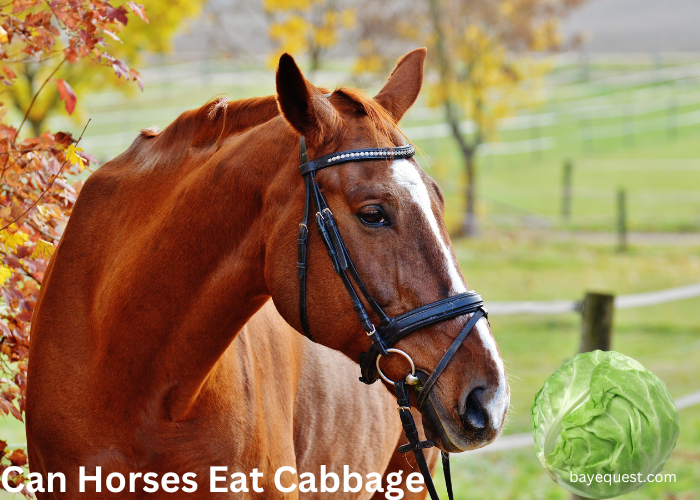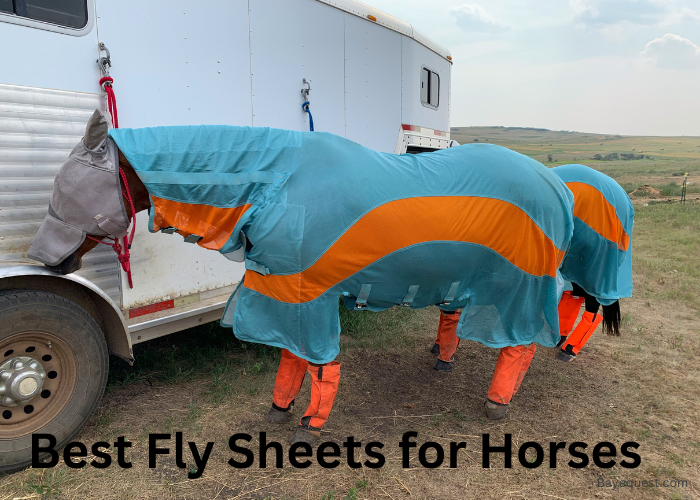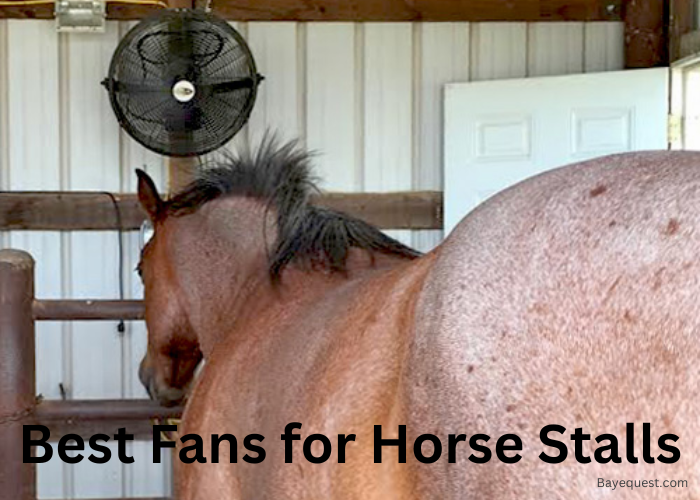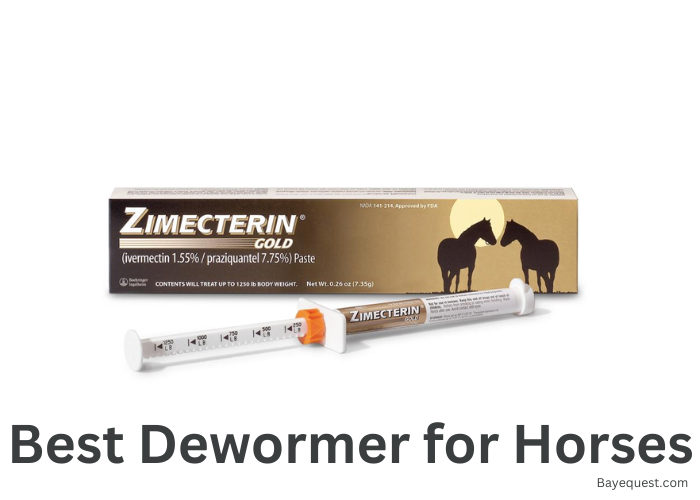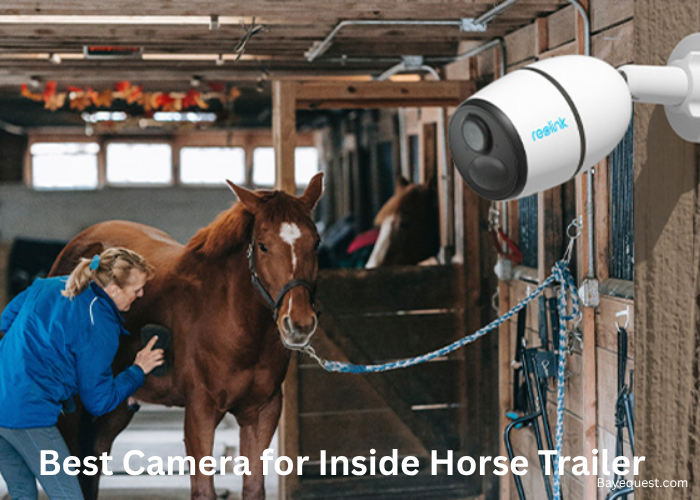Cabbage might be a staple in your kitchen, but what about your horse’s diet? When it comes to feeding horses, there’s always a bit of curiosity around what’s safe and what’s not.
Cabbage might seem harmless, but is it good for your equine friend? Before you toss a leafy treat into the stable, there are a few things to know.
Horses have unique digestive needs, and cabbage can have some surprising effects. Let’s dive into whether cabbage belongs in your horse’s snack routine or if it’s best kept off the menu.
Can Horses Eat Cabbage? Key Takeaway
Though horses can eat cabbage, it is not recommended. Cabbage is a gassy vegetable that can lead to digestive issues, such as bloating, colic, and discomfort. The buildup of gas in a horse’s stomach may cause serious health problems, making it unsafe for their sensitive digestive system.
Can a Horse Eat Purple Cabbage?
Yes, a horse can eat purple cabbage, just like green cabbage, but they shouldn’t eat it. It’s all about how much they eat and how often.
If you’re thinking of giving your horse some purple cabbage, remember to start with a small amount to see how they handle it. Too much cabbage can lead to gas and discomfort.
So, keep it as an occasional treat and always watch for any signs of digestive upset. This way, you can add a splash of color to their diet without any trouble.
Can Horses Have Cabbage Juice?
Horses can technically consume cabbage juice, but I do not recommend it. Like whole cabbage, the juice can cause gas and bloating in horses.
Because the juice is concentrated, these effects might even be more intense. If you’re considering adding something new, like cabbage juice, to your horse’s diet, go slow and talk it over with your vet first.
Keeping your horse comfortable and healthy is always the priority, so sticking to plain old water for hydration is usually your best bet.
Are Cabbages Toxic to Horses?
No, cabbages aren’t toxic to horses. But just because they can eat it doesn’t mean they should. Cabbage can cause gas and, sometimes, colic if they eat too much.
So, it’s best to give it to them in small amounts and not too often. Always watch how your horse reacts to new foods, and talk to your vet if you’re thinking about adding something new, like cabbage, to their diet.
What Happens if a Horse Eats Cabbage?
If a horse eats cabbage, it might not be a big deal if it’s just a little bit. But if a horse eats too much cabbage, it can get gassy.
This happens because cabbage has a lot of fiber and some sugars that are tough for horses to digest. When horses get gassy, it can make them pretty uncomfortable.
In some cases, it might even lead to colic, which is a serious tummy ache that can be dangerous. So, while a small amount of cabbage isn’t a disaster, it’s not the best snack for your horse.
Always monitor how much and how often they eat it, and talk to a vet if you’re not sure what’s best for their diet.
Nutritional Content of Cabbages
This table gives you a good snapshot of what cabbage contains. However, while nutritious for humans, the fiber and complex sugars in cabbage can cause digestive issues in horses if consumed in large quantities.
| Nutrient | Amount |
| Calories | 25 kcal |
| Water | 92.18 g |
| Protein | 1.28 g |
| Total Fat | 0.10 g |
| Carbohydrates | 5.8 g |
| Fiber | 2.5 g |
| Sugars | 3.2 g |
| Vitamin C | 36.6 mg |
| Vitamin K | 76 µg |
| Folate (Vitamin B9) | 43 µg |
| Calcium | 40 mg |
| Iron | 0.47 mg |
| Magnesium | 12 mg |
| Phosphorus | 26 mg |
| Potassium | 170 mg |
| Sodium | 18 mg |
Potential Risks of Feeding Cabbage to Horses
Feeding cabbage to horses comes with some potential risks that include:
Gas and bloating. Cabbage belongs to the cruciferous vegetable family, known for causing gas and bloating. This can lead to discomfort for the horse.
Colic. The most significant risk associated with feeding cabbage to horses is colic. This painful digestive upset can result from the gas build-up and changes in the normal fermentation process in the horse’s large intestine.
Diarrhea. Overfeeding cabbage can lead to diarrhea as the horse’s digestive system struggles to process large amounts of this vegetable. This can result in dehydration and nutrient imbalances.
Nutrient imbalance. Although cabbage is nutritious, it should not replace a significant portion of a horse’s diet. Overfeeding cabbage can lead to an imbalance in the nutrients a horse needs.
Palatability and waste. Some horses may not find cabbage palatable, leading to waste. If a horse doesn’t like it, it might separate it from its feed and not eat it.
What to Do if Your Horse Over Consumes Cabbage
If your horse has eaten too much cabbage, here’s what you can do to help:
Watch closely. Monitor your horse for any signs of discomfort or changes in behavior. This includes looking for signs of colic, like pawing, looking at their flank, lying down unusually, or rolling.
Cut back on cabbage. Stop feeding more cabbage and temporarily reduce or eliminate other potentially gas-producing foods from their diet.
Encourage movement. If your horse is not in severe pain, gentle walking can help stimulate digestion and reduce gas buildup.
Provide plenty of water. Ensure your horse has access to plenty of fresh water to help digestion and prevent dehydration.
Call the vet. If you notice any signs of colic or if your horse’s discomfort seems to increase, it’s important to call your veterinarian immediately. Colic can be serious, and quick, professional assessment is crucial.
Monitor their manure. Check that your horse is defecating normally. Any changes in the frequency or appearance of manure can indicate digestive issues.
Interesting read: Can horses eat watermelon?
Good Vegetables for Horses
When feeding horses vegetables, choose safe ones that provide nutritional benefits without causing digestive upset. Here are some good vegetable options that are safe for horses:
- Carrots
- Celery
- Pumpkin
- Beetroot
- Turnips
- Squash
- Cucumber
- Lettuce
- Broccoli (Check out more on horses eating broccoli in our guide, “Should Horses Eat Broccoli?”)
Other Vegetables that Horses Shouldn’t Eat
While many vegetables are safe for horses, several should be avoided due to potential health risks or toxicity. Here’s a list of vegetables that horses should not eat:
- Onions
- Garlic
- Potatoes (Find out why horses should not eat potatoes in our comprehensive guide.)
- Rhubarb
- Avocado
- Tomatoes (Read also: Can Horses Eat Cooked Tomato?)
Horse Digestive System
The horse’s digestive system is unique and quite efficient. It’s also delicate and requires proper management to keep it functioning correctly.
Here’s how it works:
Mouth and teeth. Horses have a set of teeth designed for grinding grass, hay, and other fibrous feed. They produce a large amount of saliva, which helps start digestion and makes swallowing easier.
Esophagus. This is the tube that connects the mouth to the stomach. The horse’s esophagus works mainly in one direction due to a strong lower esophageal sphincter. This means horses cannot vomit.
Stomach. Surprisingly small for the animal’s size, the horse’s stomach digests food quickly, and food stays there for a short period. It functions best when small amounts of feed pass through continuously.
Small intestine. After the stomach, food moves into the small intestine, about 50-70 feet long. Here, most of the nutrients are absorbed into the bloodstream. Enzymes from the pancreas and bile from the liver aid this process.
Cecum. This large fermentation vat holds up to 8 gallons of material and is crucial for breaking down fibrous plant material. Bacteria in the cecum help to ferment the fiber, producing volatile fatty acids that the horse uses for energy.
Large colon. The large colon, small colon, and rectum are parts of the large intestine. The large colon further absorbs water and nutrients and continues the fermentation process. It’s also a common site for impactions and twists, which can lead to colic.
Small colon and rectum. The remaining nutrients are absorbed in the small colon, and the material is formed into fecal balls. The waste then moves into the rectum and is expelled as manure.
FAQs
Can a horse eat lettuce?
Yes, horses can eat lettuce. It’s safe for them and can provide some variety in their diet. However, lettuce isn’t as nutritious as other feed options, so it should be given as a treat rather than a dietary staple.
Related read: Should a horse eat lettuce?
Can horses eat chocolate?
No, horses should not eat chocolate. Chocolate contains theobromine, a toxic substance. Even small amounts of chocolate can lead to serious health issues, including heart problems and nervous system dysfunction. Always keep chocolate and chocolate products away from horses.
Read also: Can horses eat chocolate?
Do Horses Eat Cabbage? Conclusion
Just like we sometimes have to pass on that extra slice of cake, it’s best to keep cabbage as a rare treat for your horse.
It’s all about moderation. If you decide to share some with your equine buddy, start small and see how they handle it.
And always, keep an eye out for any signs of tummy trouble. Remember, every horse is different, so when in doubt, chat with your vet. Here’s to happy, healthy feeding times.




